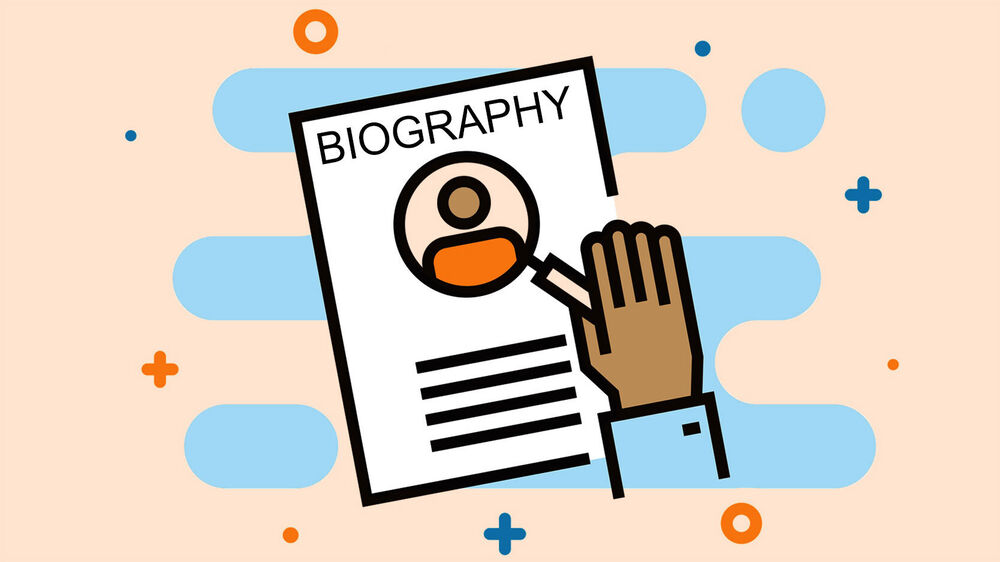An author’s purpose in writing a biography may be to inform, entertain, or educate the reader. The author may also have a personal connection to the person they are writing about. Biographies can be historical or contemporary, and may focus on one person or a group of people.
One purpose of writing a biography may be to inform the reader about the person’s life and work. The author may want to share the person’s story to help the reader understand their impact on the world. A biography may also be used to teach the reader about a particular time period or historical event.
Another purpose of writing a biography may be to entertain the reader. The author may want to focus on the more interesting or exciting aspects of the person’s life. They may also include personal stories or anecdotes about the person.
A third purpose of writing a biography may be to educate the reader. The author may want to provide in-depth information about the person’s life and work. They may also include primary source documents or photos to help the reader understand the person’s story.
What is an author’s purpose?
An author’s purpose is to share a message or story with the reader. They may want to entertain, educate, or persuade the reader. An author’s purpose can be to inform, but it doesn’t have to be. They may also want to evoke an emotional response from the reader.
What are the 3 main purposes for an author’s writing?
There are many reasons why an author might write, but three of the most common purposes are to entertain, to educate, and to persuade.
Entertainment is probably the most common purpose of writing. Novels, short stories, and poems are all written with the intention of entertaining readers. Many times, authors will try to engage the reader by making them laugh, cry, or think about the world in a new way.
Educational writing is also common. Authors write textbooks to educate students, nonfiction to educate the public, and memoirs to educate others about their own lives. In all of these cases, the author’s goal is to share knowledge or information with the reader.
Persuasive writing is the third most common purpose of writing. Authors write to persuade their readers to think or feel a certain way about a topic. They may do this by making a strong argument, by providing compelling evidence, or by appealing to the reader’s emotions.
What is the most important reason why authors write biographies?
There are many reasons why an author might choose to write a biography, but the most important reason is often to preserve the memory of a loved one or a significant historical figure. A biography can be a way to share an individual’s life story with future generations, and to ensure that their legacy is remembered.
Another important reason to write a biography is to provide a record of important historical events. A biography can help to fill in the gaps in history and provide a more complete picture of what happened.
Finally, some authors write biographies in order to explore their own personal interests in a particular individual or topic. This can be a way for the author to learn more about themselves and their own history.
What are the 5 author’s purposes?
There are five authors’ purposes: to entertain, to inform, to persuade, to instruct, and to evoke.
To entertain, an author may use a story or a joke. To inform, an author may use statistics or a how-to guide. To persuade, an author may use an argument or a personal story. To instruct, an author may use a recipe or a set of instructions. To evoke, an author may use a poem or a song.
What are the 7 types of author’s purpose?
There are seven types of author’s purpose, which are to inform, persuade, entertain, explain, describe, narrate, and argue. Each type of author’s purpose has a different goal in mind when writing, and each goal can be achieved through different methods.
The purpose of informing is to share information with the reader. This type of author often includes facts, statistics, and other factual information in their writing in order to educate the reader.
The purpose of persuading is to convince the reader to believe or do something. This type of author may use logical arguments, emotional appeals, or other techniques in order to influence the reader. The purpose of entertaining is to amuse or engage the reader. This type of author may use humor, irony, or other devices to keep the reader’s attention. The purpose of explaining is to make the reader understand a concept or idea. This type of author often provides definitions, examples, and other explanations to help the reader understand what they are reading. The purpose of describing is to give the reader a vivid picture of what is being talked about. This type of author often uses sensory details, concrete images, and figurative language to create a vivid picture for the reader. The purpose of narrating is to tell a story. This type of author often uses a narrator, dialogue, and other devices to bring the story to life for the reader. The purpose of arguing is to persuade the reader to agree with the author’s point of view. This type of author often uses evidence, reasoning, and other techniques to support their argument.
Each of these seven types of author’s purpose can be used to achieve a wide variety of goals. The type of author’s purpose that is used will often depend on the topic being written about, the audience being targeted, and the author’s own personal style.
